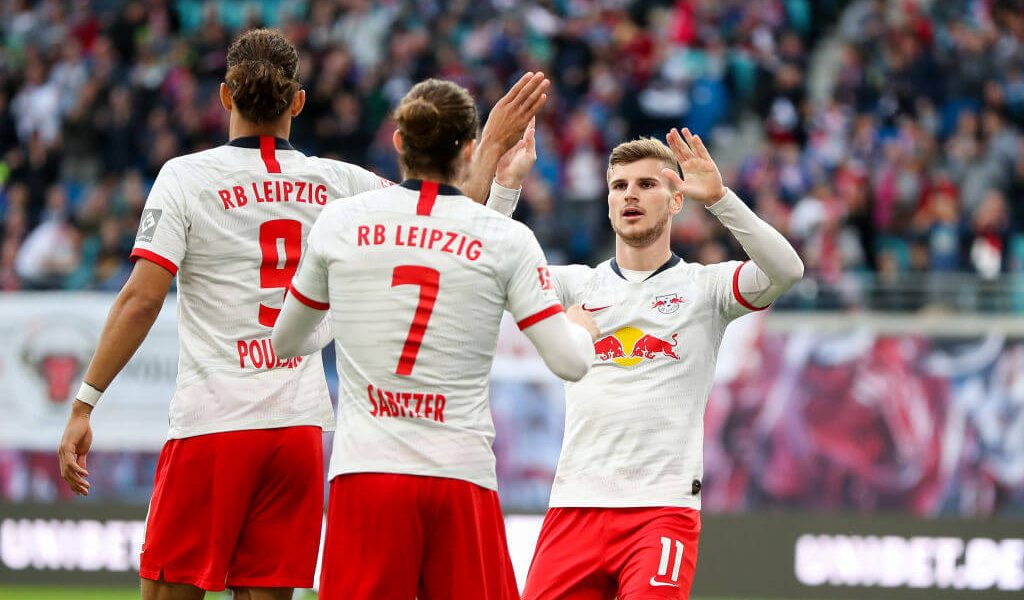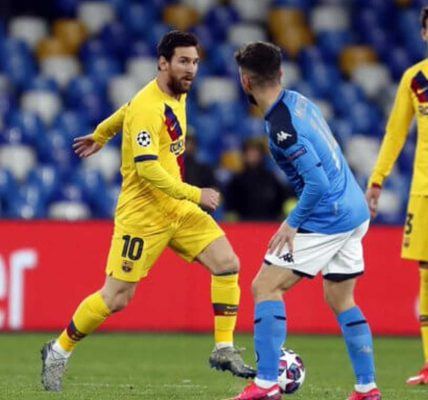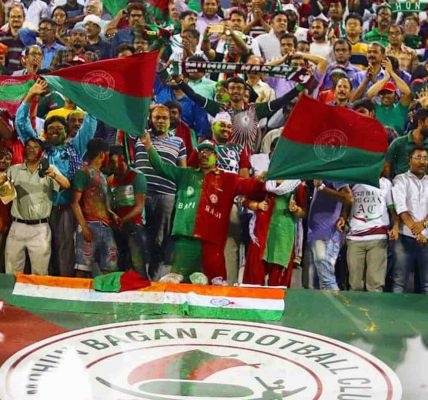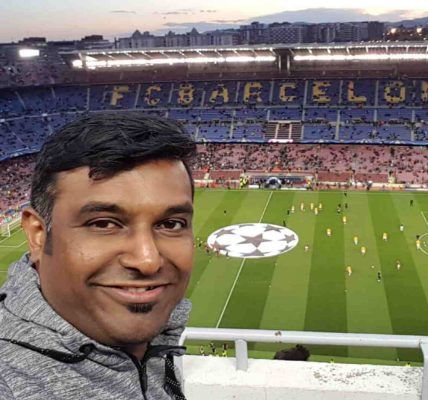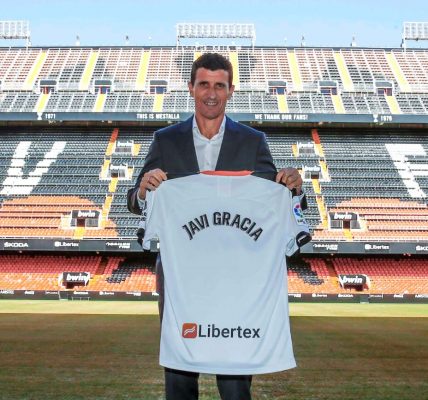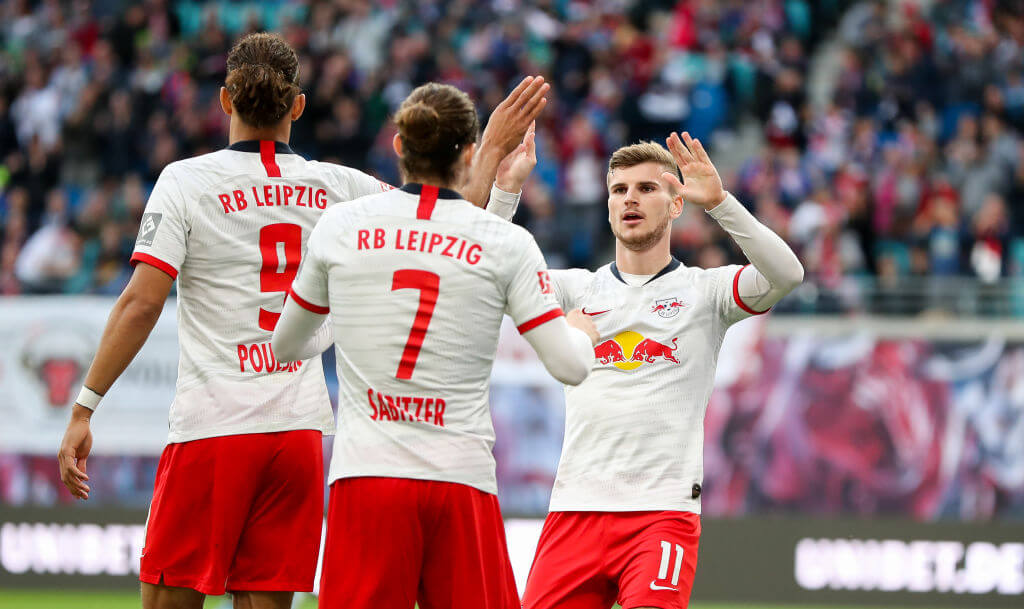
The Bundesliga is one of the most exciting football leagues in the world. In a country rich with history and tradition, it’s no wonder that the tournament has the highest average attendance of any football league. While the Bundesliga has experienced its fair share of controversy, the tale of RB Leipzig, considered arguably the most notorious side in Germany reigns supreme.
RasenBallsport Leipzig is a football club based in East Germany which grabs the headlines for all the wrong reasons in the media, after being reborn 11 years ago. However, do they really deserve this criticism?
Keine tradition:
Last year, Borussia Dortmund took a dig at RB Leipzig in the ten year challenge.
#10YearChallenge pic.twitter.com/1bWyPaKiIU
— Borussia Dortmund (@BlackYellow) January 16, 2019
This is one of the most common jibes aimed at RB Leipzig, regarding the lack of tradition. Well, what very few know is that the German Football Association (DFB) was founded in the city of Leipzig on 28, January 1900. It’s also the home of the first German Football Championship winners, VfB Leipzig.
Though clubs in the GDR were successful both domestically and internationally, they soon faded into oblivion after the reunification of Germany. The once reigning champions of the German Football League, played in the Oberligas from the ’90s.
- Former FC Sachsen Leipzig liquidator Heiko Kratz explained that by 2009, the club was no longer able to finance its youth academy. However, by selling its A to D junior teams to RB Leipzig, they could give the players a future.
- The President of the DFB Wolfgang Niersbach said in 2014, with reference to the traditional clubs in Leipzig: “If the big traditional clubs have not managed to establish a serious way back in professional football, then nobody should complain if a different approach is taken and this also leads to success”.
- RB Leipzig owner Dietrich Mateschitz said in 2013 that the only difference between Leipzig and FC Bayern Munich was one hundred years of tradition. In five hundred years, RB Leipzig will be five hundred years old and FC Bayern Munich six hundred years old.
Misplaced discrimination:
RB Leipzig wouldn’t be as hated as it is now, if they weren’t playing in Germany. The German Football League is unique in the sense, that a law was framed restricting the influence of wealthy owners, which is known as the 50+1 rule.
There’s no place like home
#DieRotenBullen pic.twitter.com/ziaFKbaHmO
— RB Leipzig English (@RBLeipzig_EN) May 18, 2020
- The primary argument against RB Leizpig is it’s restrictive membership policy. The only members having voting rights are Red Bull’s own employees. The club’s reasoning is this “The main goal of the club is unfettered development which is not possible with a large council of members having an agenda of their own.”
- It’s true that Red Bull has the majority stake in the club. The firm has represented it’s brand via almost everything: crest, name etc. However, Bayern Munich which is the most successful club in Germany, had struggled financially during the late ’50s. They required a wealthy German industrialist to pump money into the club. The Bavarians wouldn’t have continued playing the next season without this. This is despite the Bavarians having 2500 members. One can certainly say that RB Leipzig has learned its lessons from the past, which is a positive aspect.
Unsubstantiated beliefs over RB Leipzig:
In an interview with Sportnet, RB Leipzig owner Dietrich Mateschitz said: “I am not Abramovich. What we do, we try to do with our brain. Nothing is easier than to take a bag full of money and go shopping. That is stupid, stupid we are not”. And true to his words the club hasn’t splurged big on players, as the clubs owned by billionaires usually do. They have instead purchased modest players mostly young and helped them rise through the ranks.
Sadly, this vital aspect is ignored by the vast majority, who believe that RB Leipzig benefit unfairly from the financial pull that a brand like Red Bull commands, resulting in hate.
Timo Werner, Emil Forsberg who are key players currently, have played in the second tier. Regular starters Yussuf Poulsen, Marcel Sabitzer and Lukas Klostermann have further played for RB Leipzig in the third tier.
This is the key difference between RB Leipzig and the other clubs with wealthy owners such as Manchester City, PSG. Naby Keita is RB Leipzig’s record signing till date for €29.75m, so much for a “plastic club” isn’t it?
Another common censure that the club faces is that it has no genuine fans, and the stadium doesn’t have the “atmosphere”. This is definitely not true, with the stadium capacity at 42,146.
For those thinking the same is a small number for a stadium, Allianz Stadium has a capacity of 41,507. The average attendance of around 96% at the stadium, is a decent number for a club which began functioning just over a decade ago.
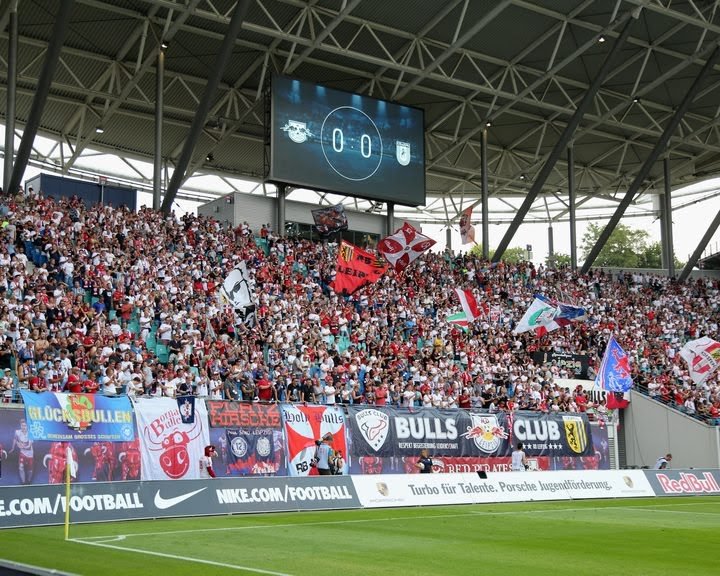
In Conclusion:
This club is not about “buying the league title”, but providing a chance and enabling the youngsters. It’s only fair that they have the youngest squad in the league (with an average age of just under 24). Julian Nagelsmann, the current head coach is the youngest in Bundesliga’s history.
Their approach and ambition are not to everyone’s taste. However, they could help re-energise a league in danger of becoming devoid of any sustained excitement. Bayern’s seven titles in a row makes the Bundesliga one of Europe’s most high-profile monopolies. If RB Leipzig continues growing at a similar rate, then we are witnessing a genuine contender. They could further possibly become the first ever East German side to lift the league trophy.

